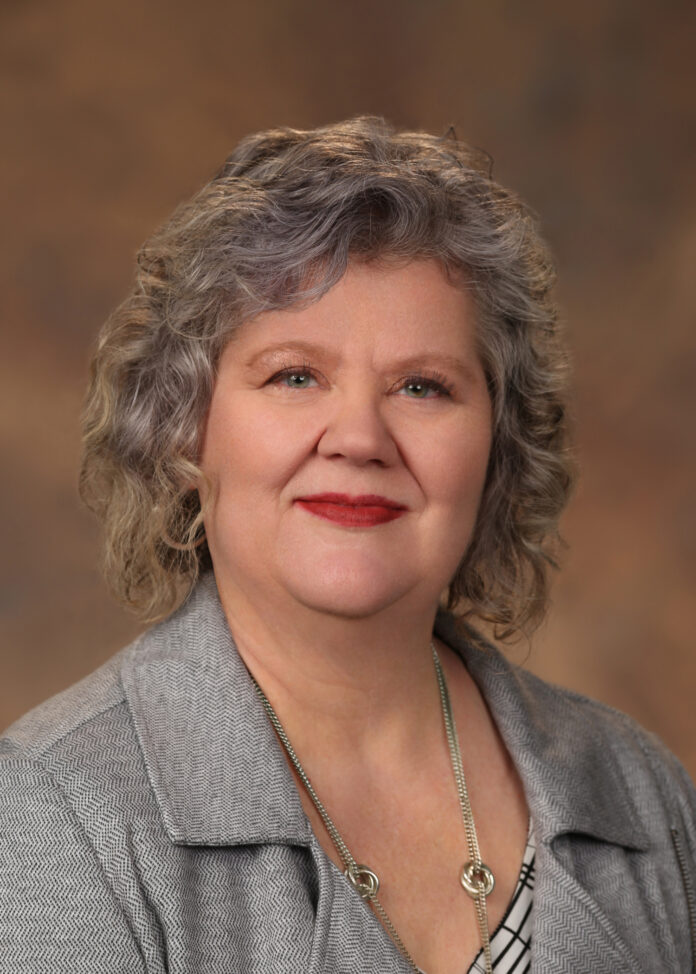
It seems like since COVID started to hit the U.S. hard in March of 2020, that is the only healthcare topic in the news or where we are seeing headline making announcements or changes. I’ll be honest, that has made talking about healthcare every week a little challenging. But more than that, it almost seems like we have forgotten that other health care concerns are still out there. We still have the common cold, the flu, RSV (which is no longer just a kid’s illness), strep, and gastroenteritis. And worse, at some point we will have another new viral or bacterial infection to deal with too. Viruses and bacteria are very, very good at surviving and finding new ways to spread and reproduce. Humans are, unfortunately, attractive vehicles for bacteria and viruses to use spreading and reproducing, and in a lot of ways, the things that kill them, can also kill us (bleach for instance). That is part of why these diseases are so very hard to eliminate. There is one thing, however, that makes a bigger impact on stopping the spread of viruses and bacteria that almost anything else, and it’s also one of the simplest things. That one thing is handwashing.
Florence Nightingale is considered the founder of modern nursing. She very much earned this title with her work on improving hygiene in healthcare settings. That work began primarily during the Crimean War where she and 38 other volunteer nurses decreased the mortality rate among the wounded in a British Army hospital from 40% to 2%. The main weapon she used throughout her life to make such an impact on the lives of others was frequent handwashing. The impact of handwashing has not changed in the 200 years since the Crimean War. In a study recently published by the World Health Organization they found hospitals with high hand hygiene compliance rates had over 50% fewer hospital acquired infections than hospitals with low hand hygiene compliance. Good handwashing works at home, too. The Centers for Disease Control and Prevention (CDC) estimates that good handwashing in communities reduces the spread of diarrhea by as much as 40% in healthy people, and by much as 58% in people with weakened immune systems. Handwashing reduces colds, pneumonia, and flu-like illnesses by as much as 21%. An estimated 1.8 million kids under 5 around the world die every year from diarrhea and pneumonia. Handwashing alone could reduce the number of diarrhea deaths in those kids by 33% and the pneumonia deaths by 25%.
We know all this, yet we are all still really bad about handwashing. The CDC estimates that only 19% of people around the world wash their hands after using the restroom, and in healthcare settings I am very embarrassed to say, proper handwashing occurs only about 75% of the time. Handwashing is not just putting your hands under running water for a couple of seconds, handwashing must be done properly to get the full effect. Personally, I think that is part of the problem, people think they are washing their hands, but they are not doing it using an effective technique, and/or they are not washing their hands when they should.
You should wash your hands after using the bathroom, changing diapers, or assisting someone else with toileting, and after coughing, sneezing, or blowing your nose. You should wash your hands when they look dirty and/or after working or playing outside. You should wash your hands before eating or preparing food. When preparing food, it’s also a good practice to wash your hands immediately after handling raw meat or other animal products. You should wash your hands before and after caring for someone who is sick. You should wash your hands after touching garbage. You should wash your hands after touching animals, after touching animal cages or bedding, after touching animal food, and/or after cleaning up animal wastes. Finally, in a healthcare setting, make sure that everyone who touches you washes their hands first. It’s okay to ask if you don’t see them wash their hands or use hand sanitizer.
The best technique for proper handwashing is to 1) Wet your hands with clean, running water (warm or cold), and apply soap. 2) Lather your hands by rubbing them together, making sure to lather the back of your hands, between your fingers and under your nails—do this for at least 20 seconds. Singing the Happy Birthday song twice is a good way to know you have washed for 20 seconds, there are also apps with many smart watches that will give you a countdown timer as you wash your hands. 3) Rinse your hands well under clean, running water, and 4) Dry your hands using clean towel or an air dryer. If you don’t have soap and water available, use hand sanitizer that contains at least 60% alcohol, and rub your hands together covering all surfaces until they are dry. Please remember, however, that hand sanitizers are not as effective as soap and water, so they should only be used when soap and water is not an option.
Have a safe and wonderful holiday this week, and as you spend time with family and friends and cook the special meals and treats of Christmas, please remember to wash your hands!



